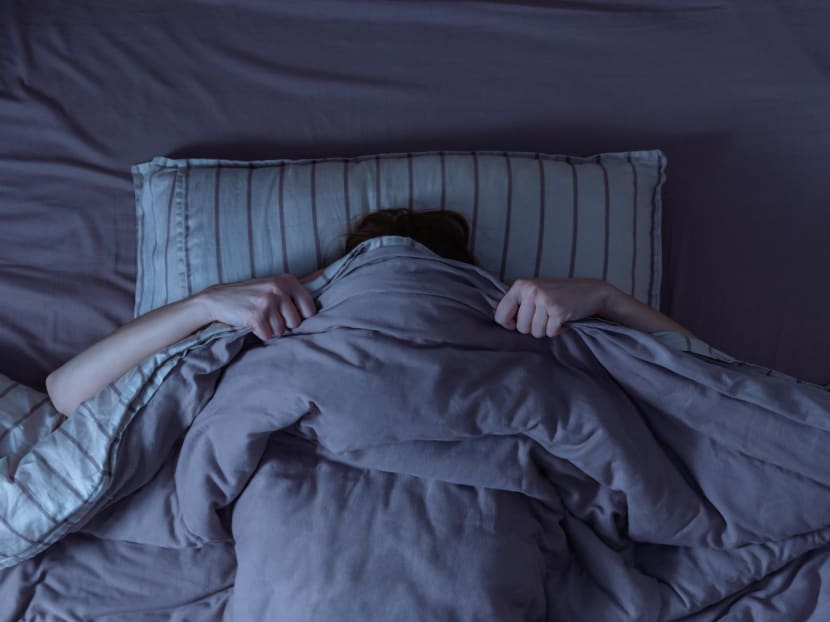
Nightmares are reinterpreted unresolved fears, stress or traumatic experiences from your waking life, say experts.
Your heart’s racing and your rumpled sheets are soaked in perspiration. It’s a little past 4am and there are a good few hours before you have to be up. But you can still feel the tendrils of the nightmare that ensnared you from sleep. Your day has started in Disturbia before the sun is up.
People ascribe all sorts of meanings to nightmares – a message from a deceased loved one, a premonition of some disaster, a warning not to go with a certain decision, and a personal favourite, an excuse not to get out of bed or the world will end.
The scientific explanation for their causes? Mainly unresolved fears, stress or traumatic experiences that reflect internal conflicts or suppressed emotions from your waking life.
“Nightmares are particularly linked to emotional upheavals or mental health issues such as post-traumatic stress disorder (PTSD), anxiety and depression, signalling that the mind is working to process difficult emotions or unresolved psychological conflicts,” she said.
I – Word Understanding
Rumpled – creased or messy.
Ensnared – to catch or gain control of someone or something, especially in a trap or place of no escape.
1006 Why do you get nightmares? How do you calm down and go back to sleep after a really bad one?

